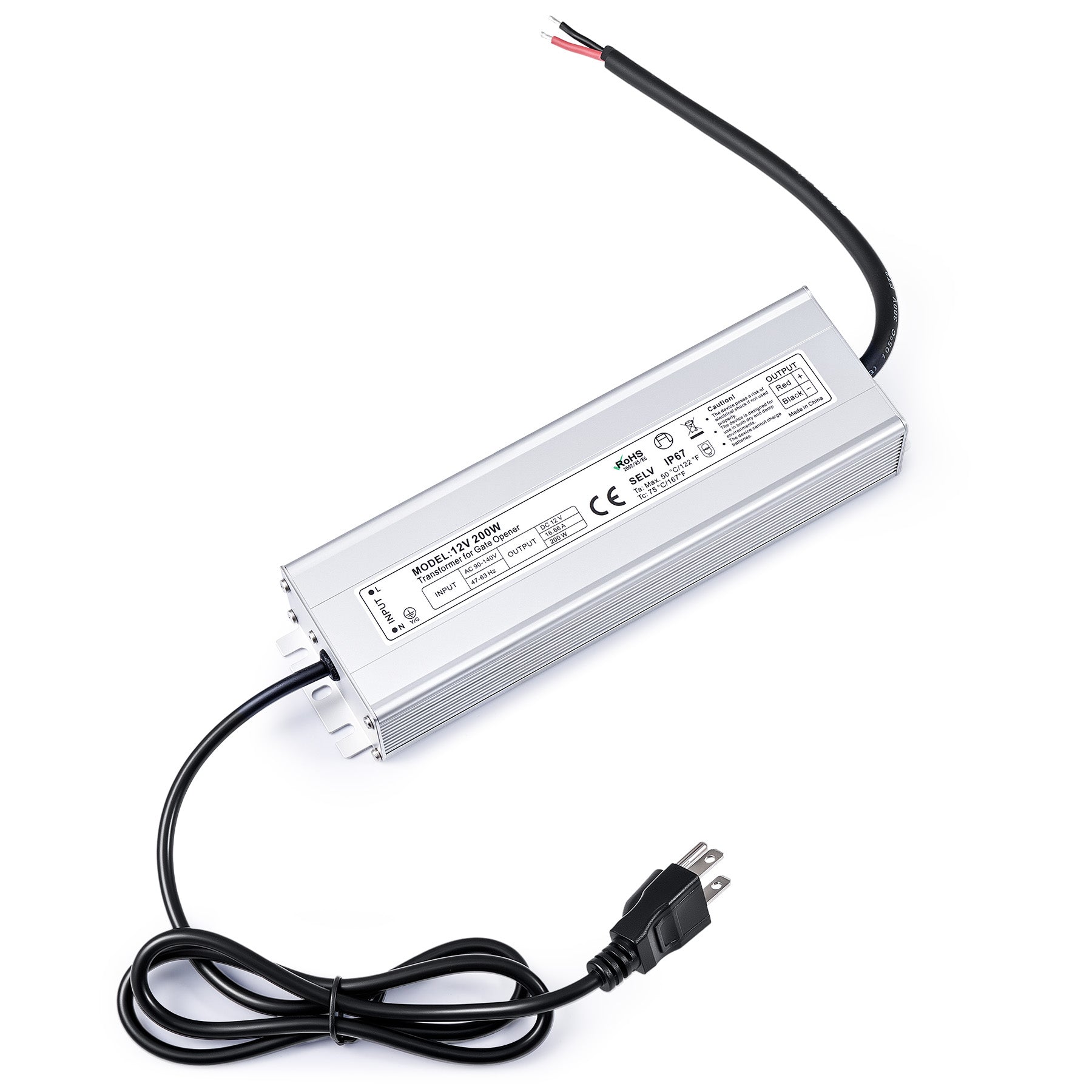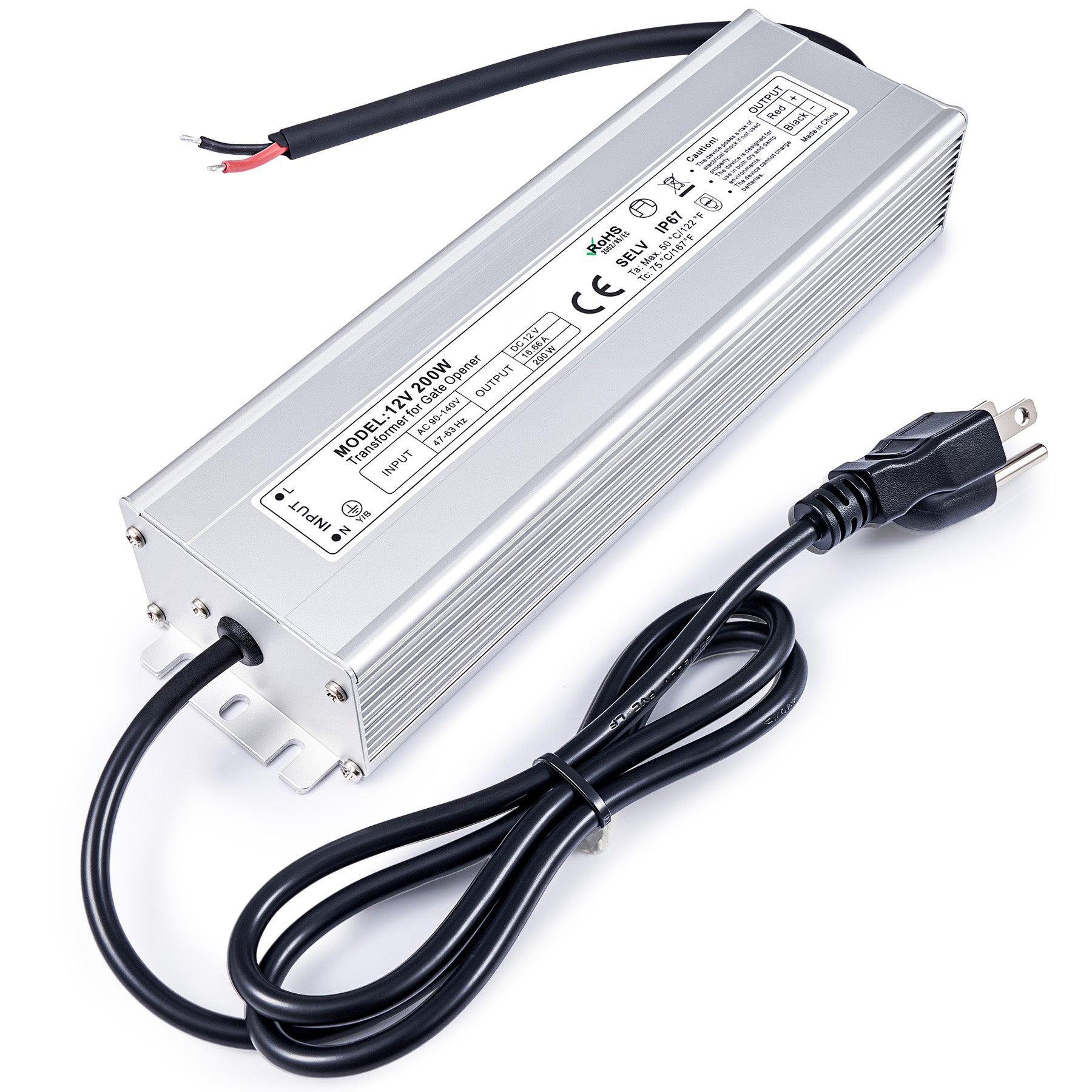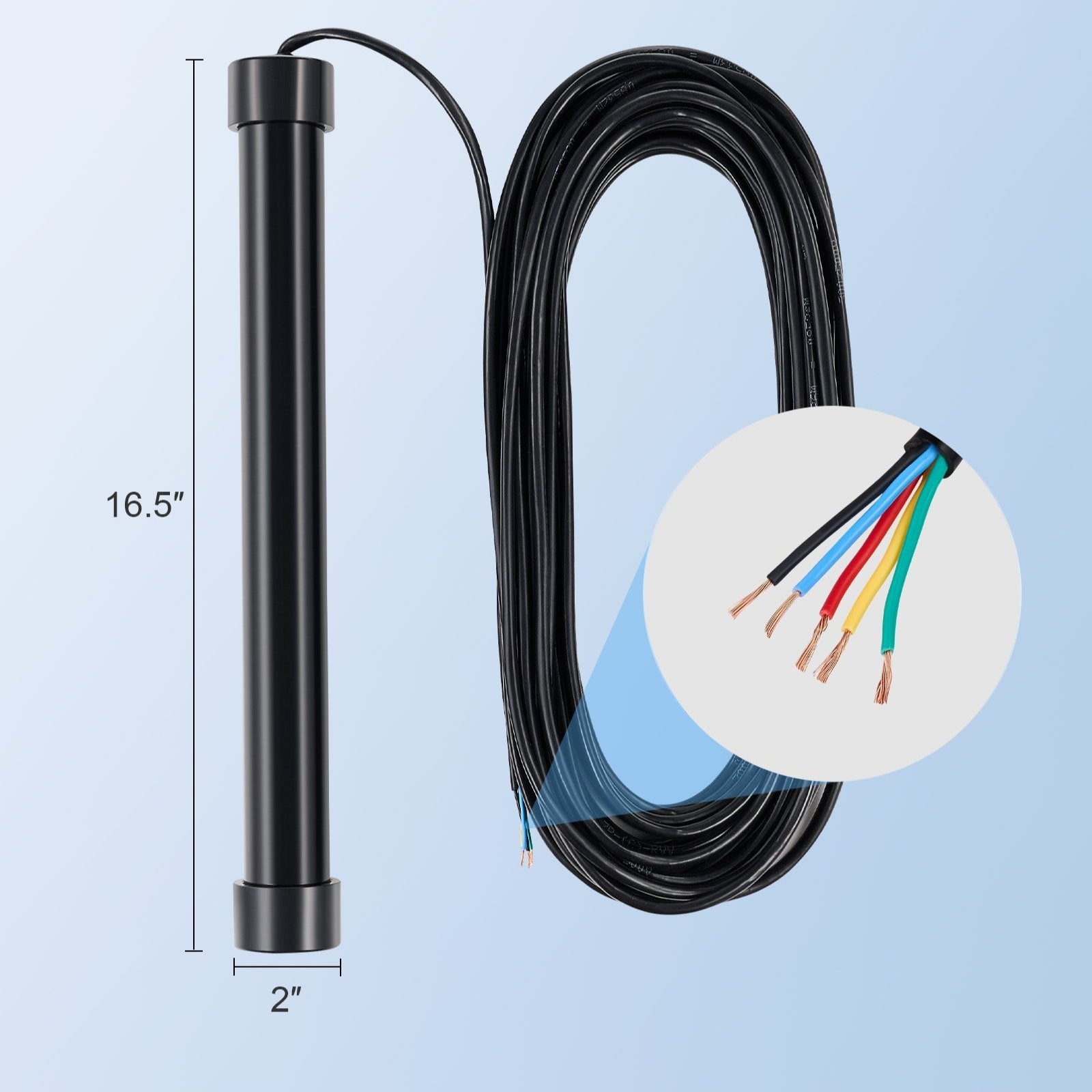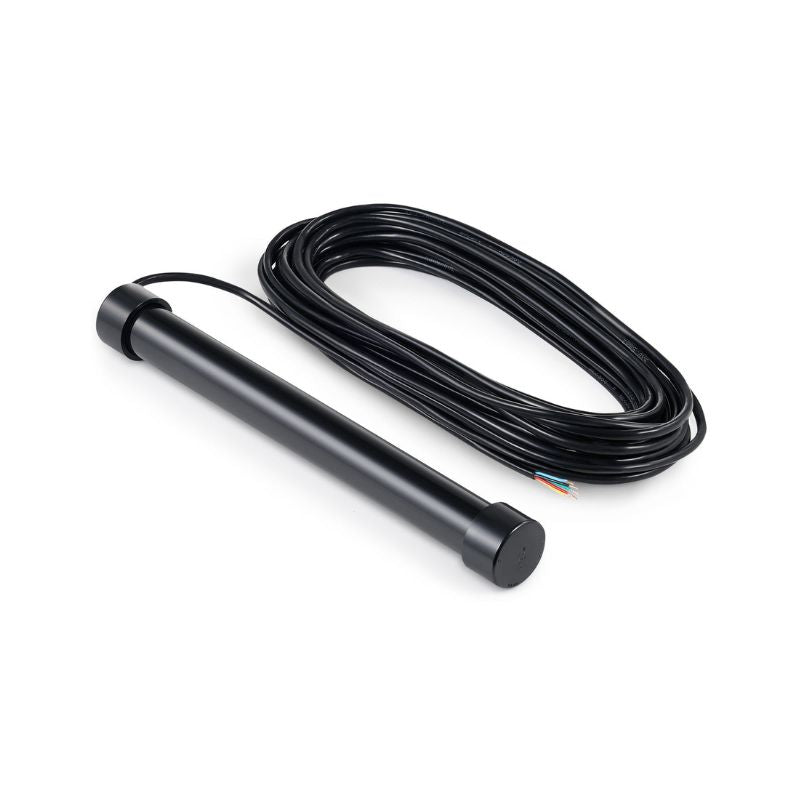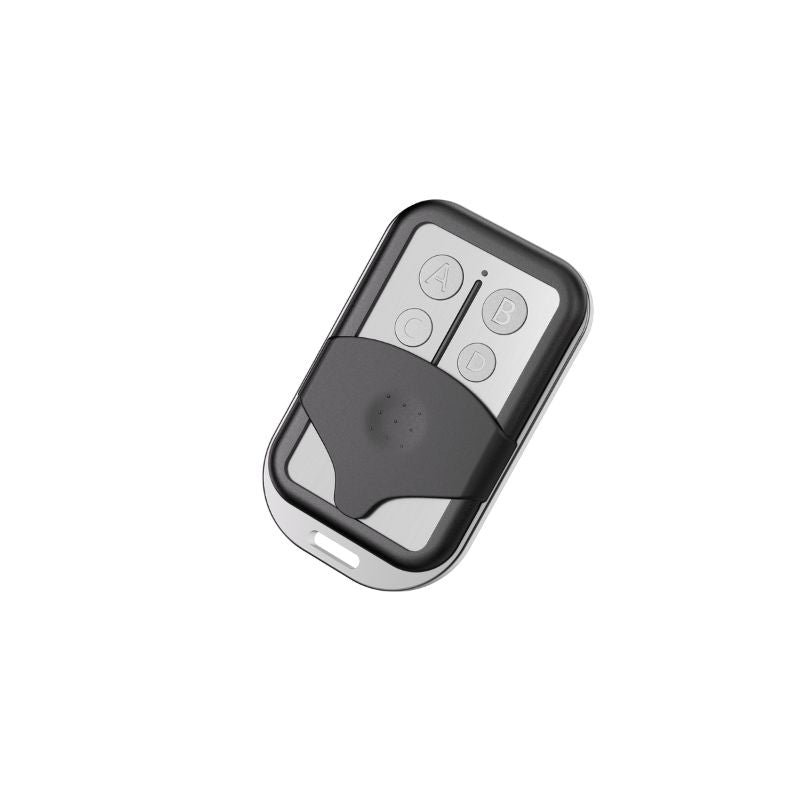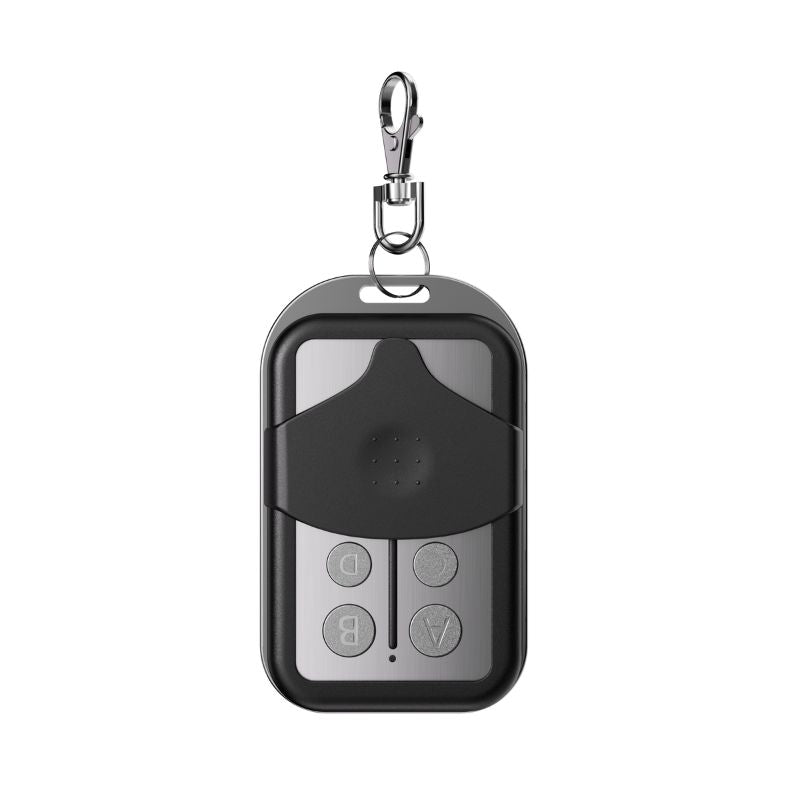A garage door opener is one of those devices that generally doesn't require a lot of maintenance, which is why most people are tempted not to pay sufficient attention-until it stops working the way it should.
When it does, you’re left wondering: Is this something I can fix, or is it time for a full replacement? Here’s some important advice: never fix what needs to be replaced; it only leads to more problems down the line.
But how do you decide whether you should fix or replace your garage door opener? It all depends on the nature of the problem. Below, we’ll break down the five most common signs you need to replace your garage door opener.
The focus will be on:
- Why each one is a major issue,
- Why replacing it will make more sense than repairing,
- What to look for in a modern unit so you don’t run into the same headaches again.

Sign #1. It Makes Excessive Noise During Operation
If your garage door keeps producing excessive grinding, rattling, or screeching noises, that is usually a signal of worn gears, chains, or a failing motor.
This can be a rather serious problem, especially if the noise is excessive: over time, the repetitive vibration can loosen other components in the system, which would create even more problems.
Obviously, the usual way to address these problems is by lubrication or swapping parts, and this sometimes works, but a noisy, overworked motor is a clear sign of aging. Repairs will only buy you short-term relief before the same issue resurfaces. It is better to replace the garage door opener as soon as you can.
What To Look for When Replacing
- A motor that is properly rated for your door’s weight. Ideally, you want to go for a motor with more capacity than the previous model.
- Make sure it has a vibration-dampening design, or another indicator of quiet operation.
- If possible, go for belt-drive or direct-drive openers for quiet, smooth performance.
Sign #2. The Movement of the Garage Door is Slow or Jerky
If your garage door is stiff and hesitant to open, opens too slowly, or crawls upwards, it is time to at least consider changing the garage door opener.
These signs usually indicate that the tracks, rollers, and springs are faulty or being stressed, which will set off a chain reaction of wear.
Why replacement is wiser:
The main reason you should consider changing your garage door opener when it starts opening the door too slowly consistently is that repairs and adjustments will mostly only mask the problem.
Ultimately, the root of the problem is a weak or failing motor. Investing in new hardware avoids further damage to the entire door system.
What to look for instead:
- Go for a 1/2 –3/4 HP motor. It works well for most doors (1+ HP for heavy wood or insulated doors).
- Ensure it comes with soft start/stop technology to minimize jerking.
Sign #3. Unreliable or Non-Responsive Operation
If your garage door opener fails to respond from time to time, you’re likely dealing with a security risk, and should consider replacing it. Malfunctioning electronics and failing circuit boards mean your garage could remain unlocked, or you could end up locked out.
Why replacement is wiser:
Circuit board replacements and reprogramming quickly get expensive, and with older units, parts aren’t always available. Reliability only gets worse with time.
What to look for instead:
- Rolling-code technology for secure, consistent remote access.
- Multiple entry options (wall console, remote, keypad, smartphone app).
- Backup battery for use during power outages.

Sign #4. Lack of Safety Features
If your garage opener doesn’t stop and reverse when something crosses its path, it likely lacks essential safety and security features.
What this means is that you are running a real risk of injury or property damage, and should consider replacing it. Garage door openers built before the mid-1990s often lack these life-saving features, and so it is time to update.
You can’t retrofit modern safety features like photo-eye sensors or auto-reverse into outdated systems. Replacement is the only safe solution.
What to look for instead:
- UL 325-compliant safety sensors.
- Auto-reverse mechanisms.
- Motion-sensing lights or smart resistance detection.
5. Frequent Breakdowns or Repairs
A garage opener should last about 10-15 years. If yours keeps failing every few months, not only are repair costs piling up-you’re also putting added strain on the rest of the door system.
If repair costs exceed half the price of a new unit, replacement is the smarter long-term move. A modern opener will be more durable and covered under warranty.
What to look for instead:
- A solid warranty (5-10 years on the motor, at least 1-3 years on parts).
- High-cycle rated units if your garage sees heavy daily use.
- Brands with strong service networks and easy access to replacement parts.
Choosing the Right Type of Opener
When replacing your garage door opener, you’ll need to decide which drive system suits your home. Here’s a quick breakdown:
| Drive Type | How It Works | Pros | Cons | Best For |
| Chain Drive | Uses a metal chain to pull the door. | Durable, affordable, and strong enough for heavy doors. | Noisy, more vibration. | Detached garages where noise isn’t an issue. |
| Belt Drive | Uses a reinforced rubber belt. | Quiet, smooth, low maintenance. | More expensive than chain drives. | Attached garages, bedrooms above the garage. |
| Screw Drive | The threaded steel rod moves the trolley. | Fewer moving parts, relatively strong. | It can be loud, and performance is affected by temperature. | Moderate use, warmer climates. |
| Direct Drive | The motor itself moves the door. | Extremely quiet, minimal wear, long lifespan. | Higher upfront cost, fewer brands available. | Homeowners want low-maintenance, premium performance. |
Recommended Gate Opener
Zumi's garage door opener features built-in infrared sensors that automatically stop the door if anything gets in the way, ensuring safe, worry-free use.
- With its wall-mounted design, you can maximize ceiling space for extra storage or a clutter-free garage.
- You also get a manual backup handle that allows you to easily unlock and switch to manual mode during power outages or emergencies.
Plus, the Zumi-exclusive 128-bit rolling code keeps your garage access secure, while the whisper-quiet motor ensures your garage operates silently, even during late-night or early-morning use.
Final Thoughts
If your opener is noisy, slow, unreliable, unsafe, or breaks down often, repairing it is usually throwing good money after bad. A modern replacement will solve the problem, keep your home secure, and add safety features that old units simply can’t match.
When shopping, prioritize quiet operation, correct motor strength, modern safety compliance, smart features, and a solid warranty. Choose the right drive type for your garage setup, and you’ll avoid running into the same problems again.
Consider these tips for choosing the right garage door opener size.




